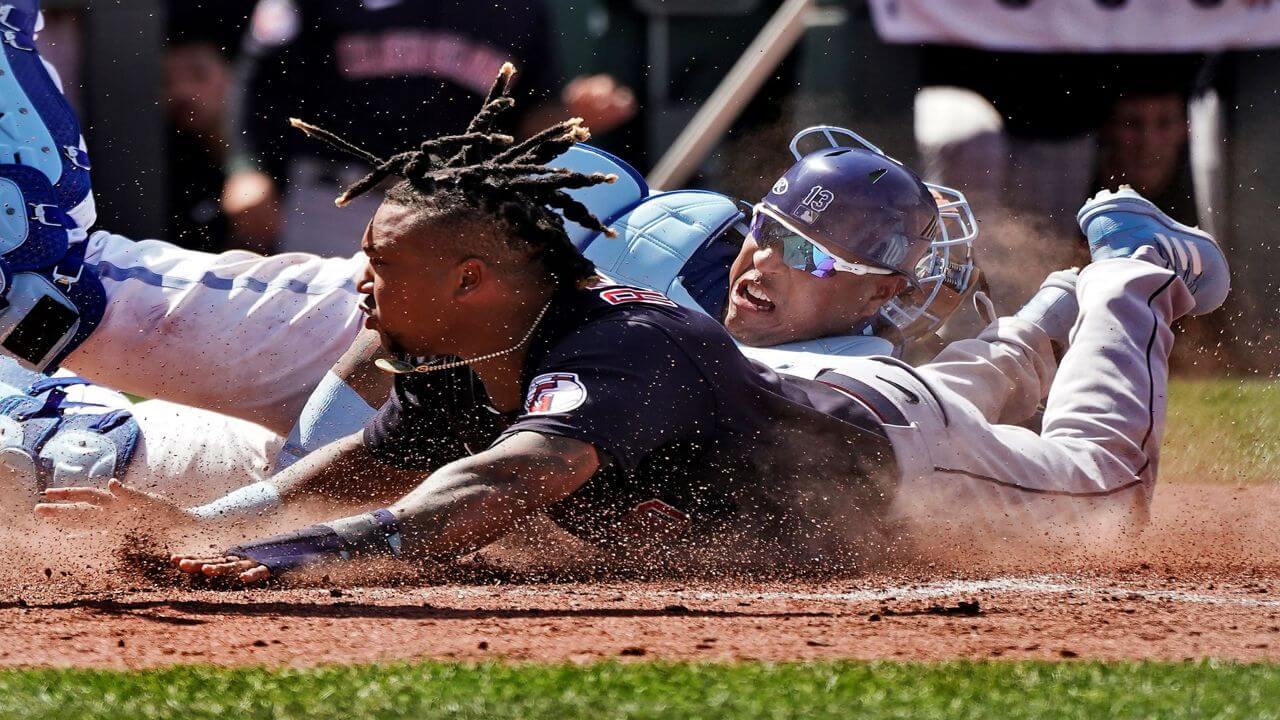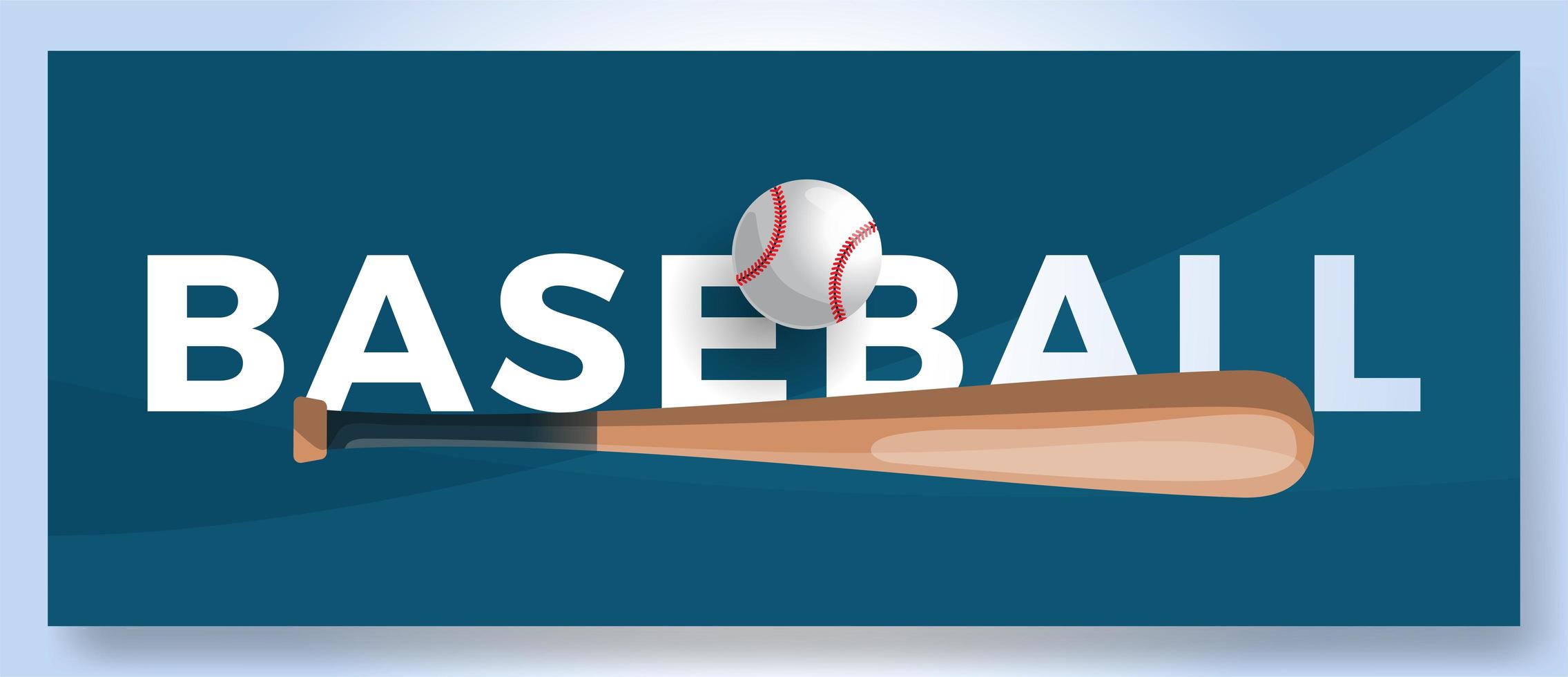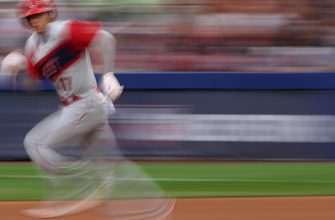Baseball is a game filled with excitement and strategy. One of the most thrilling plays in the sport is the base steal. The act of successfully stealing a base requires speed, timing, and coordination, making it a spectacle that can have a significant impact on the outcome of a game. While stealing second and third bases is relatively common, what about stealing home? Can a runner actually steal home in baseball? In this article, we will explore the rules and strategies behind stealing home and when it is appropriate to attempt this daring feat.
What Does it Mean to Steal Home in Baseball?
Stealing a base in baseball is a tactic used by base-runners to advance to the next base without their team scoring a hit. It typically involves a base-runner on first, second, or third base attempting to advance to the next base while the pitcher is delivering a pitch to the batter. Stealing home, specifically, refers to a base-runner on third base attempting to advance all the way to home plate.
To successfully steal home, a base-runner must carefully time their run and take advantage of the pitcher and catcher’s momentary distraction during the pitch. Speed is a crucial factor in executing a successful steal, but it is not the sole determinant. Observing the pitcher’s tendencies, predicting the pitch location, and communicating with the third base coach or teammates are also essential elements of a successful steal of home.
When Can You Steal Home in Baseball?

While stealing home is a daring and exciting play, it requires the perfect set of circumstances for it to be successful. Attempting to steal home at the wrong time can result in an out and potentially dampen the team’s momentum.
So, when is it appropriate to attempt a steal of home?
1. Close Game and Desperation for a Run
One opportune time to steal home is when the game is close, and your team is desperate for a run. If the score is tight, stealing home can be a strategic move to gain an advantage over the opposing team. However, it is crucial to be absolutely confident in your ability to make it safely to home plate, as there are other higher-percentage ways to score with less than two outs.
2. Distraction of the Pitcher and Catcher
Another favorable situation for stealing home is when the pitcher and catcher are distracted or not paying close attention. If the base-runner on third base notices that the pitcher has turned their back or the catcher is looking away, it may provide an opportunity to catch them off-guard and make a successful steal. Timing is key in these situations, as the base-runner must make their move when the pitcher commits to the pitch.
3. Double Stealing
A double steal is when two base-runners attempt to steal a base simultaneously. This can be a strategic play to confuse the defense and increase the chances of scoring runs. In a double steal situation, the base-runner on third base may attempt to steal home while another base-runner steals a different base, creating a distraction for the defense.
When Should You Not Steal Home in Baseball?

While stealing home can be an exhilarating play, there are certain situations where attempting to steal home is not advisable.
1. Two Strikes and Two Outs
One scenario where stealing home is generally discouraged is when there are two strikes on the batter and two outs. If the batter strikes out, the inning ends, and the run does not count, even if the base-runner makes it safely to home plate. It is essential to avoid taking the bat out of the hitter’s hands and risking an out in this situation.
2. Wide Margin of Lead
Stealing home when your team is winning by a wide margin is often seen as poor sportsmanship. It can be interpreted as running up the score and lacking respect for the opposing team. Therefore, it is generally best to avoid attempting to steal home in these circumstances.
The History of Stealing Home in Baseball

Throughout the history of baseball, there have been legendary players who were known for their ability to steal home. One such player is Ty Cobb, who holds the all-time record for stealing home with 54 successful steals in his career. Cobb’s speed, agility, and keen instincts made him a formidable base-runner.
In the modern era, stealing home has become a rarer occurrence. In the 2022 MLB season, there were 32 attempts to steal home, with only 10 of those attempts being successful. Stealing home requires precise timing, quick reflexes, and an element of surprise, making it a challenging feat to accomplish.
Conclusion
Stealing home in baseball is a thrilling and daring play that can swing the momentum of a game. While it requires speed, timing, and coordination, it is not a common occurrence in the modern game. Choosing the right time to attempt a steal of home is crucial, and it is essential to consider the game situation, the pitcher’s tendencies, and the overall strategy of the team.








